Scott Morrison, Anthony Albanese and the media need to learn from the era of big political reform

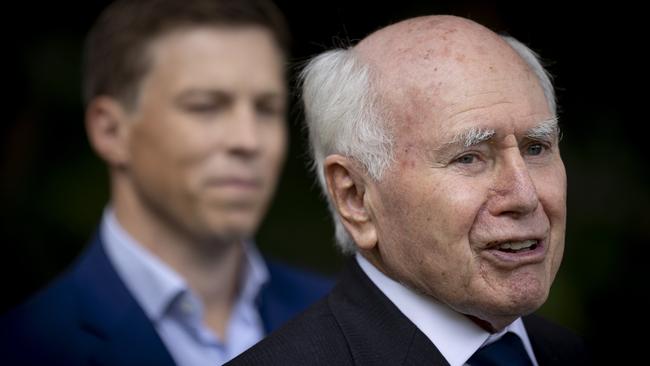
As usual, ABC radio current affairs was the worst offender with a parade of young mortgage holders for two days complaining about an interest rate still near historic lows. Baby boomers who paid 18 per cent on their mortgages in the late 1980s and early 1990s can only look on in amazement as people complain about retail rates of 3 and 4 per cent.
History shows the rise may not necessarily affect the May 21 election.
Three months before the 1990 election won by Bob Hawke, the RBA lifted the cash rate to 17.5 per cent. The economy had overheated and inflation had soared in the years following the 1987 sharemarket crash.
Hawke, a former ACTU president, started his prime ministership in 1983 by dismantling the centralised wage-fixing system in favour of an accord with the trade union movement to restrain wage growth and make Australian workers and businesses more internationally competitive. Hawke and Paul Keating won elections in 1984, 1987, 1990 and 1993 by opening up the economy, reforming industrial relations and privatising government assets.
Voters supported reforms that set up the country for 30 years of continuous growth. While the ABC and the then Fairfax papers – apart from The Australian Financial Review – were sceptical, much of the wider media backed what today seem unimaginably bold reforms.
And to be fair, the Coalition in opposition – twice under John Howard, and also under Andrew Peacock – supported many of the reforms. Howard, when treasurer to a cautious Malcolm Fraser as PM, had commissioned the Campbell Inquiry that reported in 1981, recommending financial system deregulation.
Can readers imagine any prime minister or opposition leader today persuading voters to accept changes that could cost them money? The last time it happened was Howard’s 1998 GST election. Howard had endured two stints as opposition leader, and his party had recently spent 13 years out of government, but he risked his first re-election bid with a “great big new tax on everything”.
Not facing today’s social media groupthink, journalists such as Paul Kelly, Paddy McGuinness, Alan Wood and the late Max Walsh, supported the GST and Hawke’s reforms. It is impossible to imagine in today’s election campaign – dominated by the leaking of puerile text insults and embarrassing tweets – that some journalists would know how to report on a politician with a bold reform plan let alone imagine one with skills to sell such a plan.
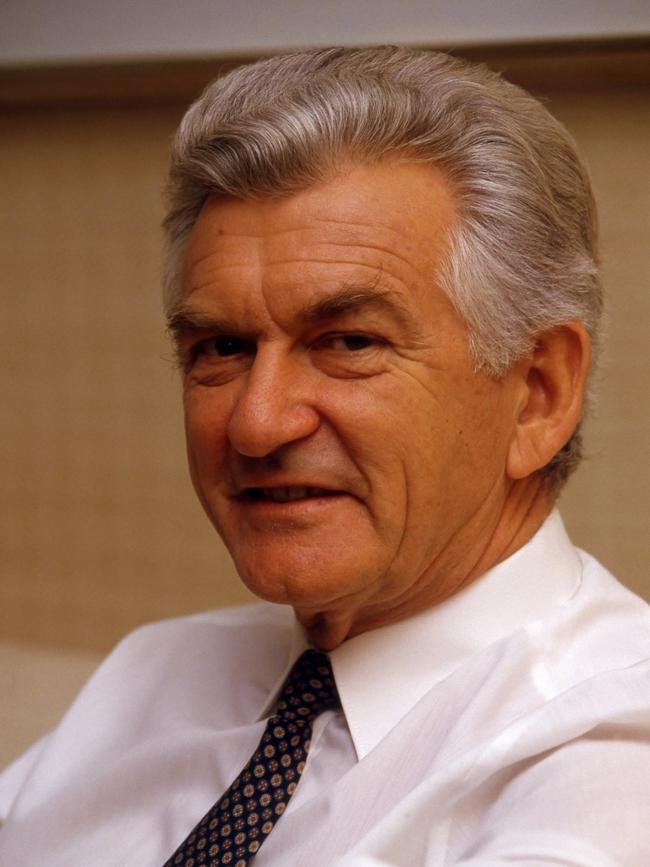
Labor’s member for Sydney, Tanya Plibersek, asked the best question I have heard from a politician this year at the launch of Troy Bramston’s no-holds-barred biography of Hawke in March. In the age of social media and the #metoo movement, could the hard-drinking, womanising Hawke be elected now? Plibersek thought not but believed that was a terrible admission given Hawke’s achievements.
While the 1980s demanded leaders brave enough to dismantle the forces that had cosseted Australia’s economy since Federation, today’s environment is surely far more challenging for a democracy the size of a continent, at the other end of the Earth from its major allies, with only 26 million people but with an enormous share of the world’s iron ore, gas, coal, uranium and rare earths.
Hawke, more cabinet chairman than CEO, was blessed with a talented team. Finance minster Peter Walsh, treasurer Keating, industry minister John Button, education minister John Dawkins, foreign minister Gareth Evans and defence minister Kim Beazley were excellent media and policy performers and Hawke gave them a lot of space.
It’s a positive lesson Anthony Albanese has been forced to take on after his unemployment rate stumble in week one of this campaign, and his Covid lay-off in week three. As a former deputy PM and Infrastructure Minister under Kevin Rudd, Albanese also has first-hand experience of the damage an overly controlling leader can do. Partly because of the approaching $1 trillion national debt and to avoid repeating the damage done by his predecessor’s ambitious program in 2019, Albanese is not proposing much other than being different from Morrison.
He has been helped by journalists feeding into an inaccurate Twitter-led campaign of personal vilification of the PM. If he wins, Albanese will be unable to complain if journalists treat him with as little respect as they and Labor have accorded Morrison.
The PM runs a tightly controlled operation but has lost momentum in the wake of China’s pact with the Solomon Islands, the 5.1 per cent inflation number a fortnight ago and last week’s rate rise. He needs to get more from his best ministers.
Peter Dutton is a strong if polarising media performer doing a good job in a portfolio that has languished for decades. Morrison’s AUKUS alliance with the US and UK and planned acquisition of nuclear submarine technology is his biggest achievement. Voters are worried about China but the government’s sharpest performer and best policy response to China’s aggression are being undersold.
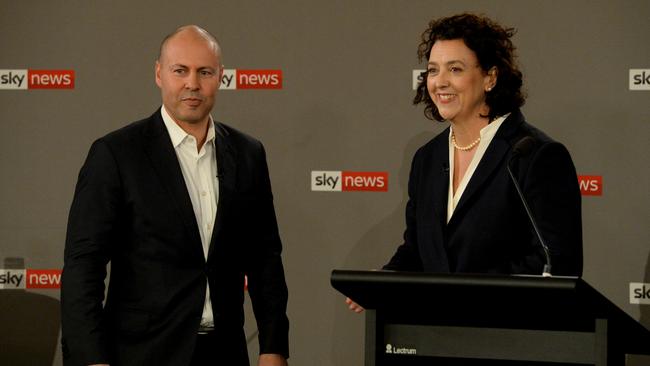
Treasurer Josh Frydenberg is defending his seat from a “teal’ independent. On any fair global assessment his handling of the economy has left Australia better placed on unemployment, growth and inflation than most of the world after a pandemic during which Australia did better than most of the world. Frydenberg is an excellent media performer, even with hostile ABC journalists.
Freeing Education Minister Alan Tudge from detention might create media blowback but many voters have been shielded from the truth of his relationship with a former staffer because the left media has refused to publish both sides of the story. Many women would be surprised to read the texts published in The Australian by Janet Albrechtsen on March 4.
Taking a leaf from Plibersek’s assessment of Hawke’s flaws, Tudge could campaign on his national curriculum reforms. Many voters want improvements in the nation’s school results commensurate with the funding boost from the Gonski Mark II reforms. Evidence from the US shows Republican governors have had electoral success reforming politically correct curriculum content. Tudge could also shed light on the ABC’s unbalanced two-year campaign against Coalition men.
Lessons in the reform era for the media? Last Wednesday, Crikey published a piece from Chris Warren, former national secretary of the MEAA, the journalists’ union. He argued the ABC should stop mentioning News Corp papers and stop inviting guests from News.
This is the idea driven by Twitter, that views which journalists don’t agree with should not be aired. It is not journalism. Nor is giving Walkley and other awards to stories that prove untrue.
For the political system the lesson is the Hawke-Keating and Howard governments benefited from clear electoral mandates for strong policies. People like Malcolm Turnbull who told ABC AM on Friday that the Gillard government showed the benefits of independents are deluded.
Independents Rob Oakeshott and Tony Windsor who backed Gillard in 2010 did not run again in 2013. Their electorates were not happy that representatives from conservative seats had supported a Labor government. That’s the real lesson for the “teals”.

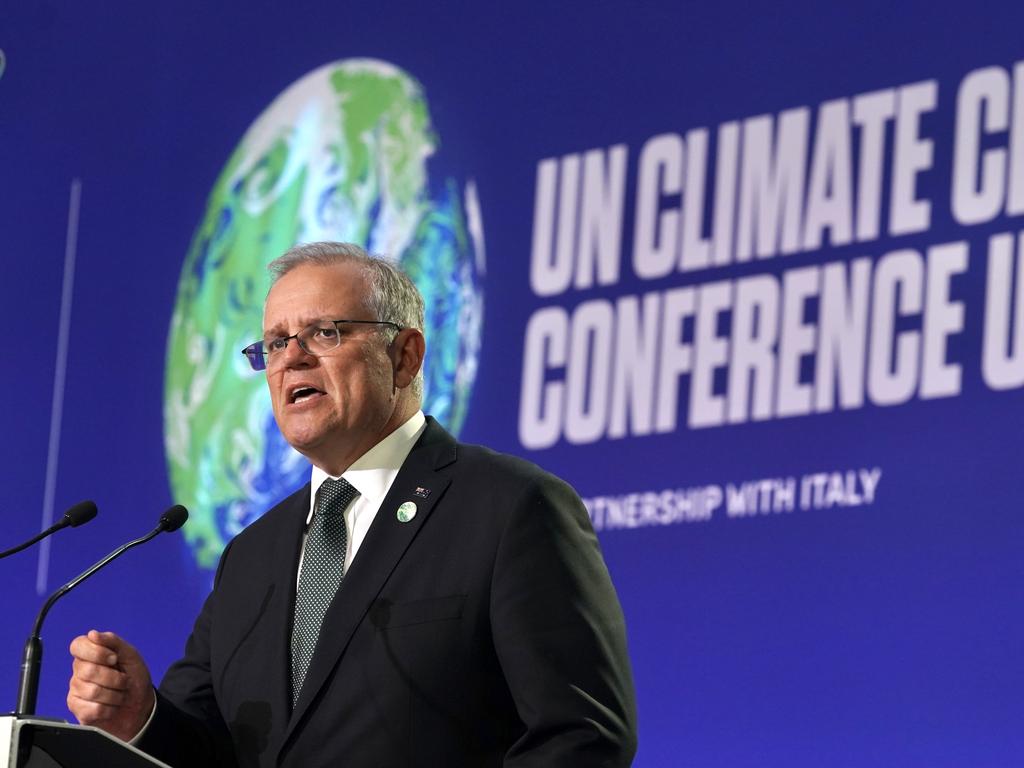
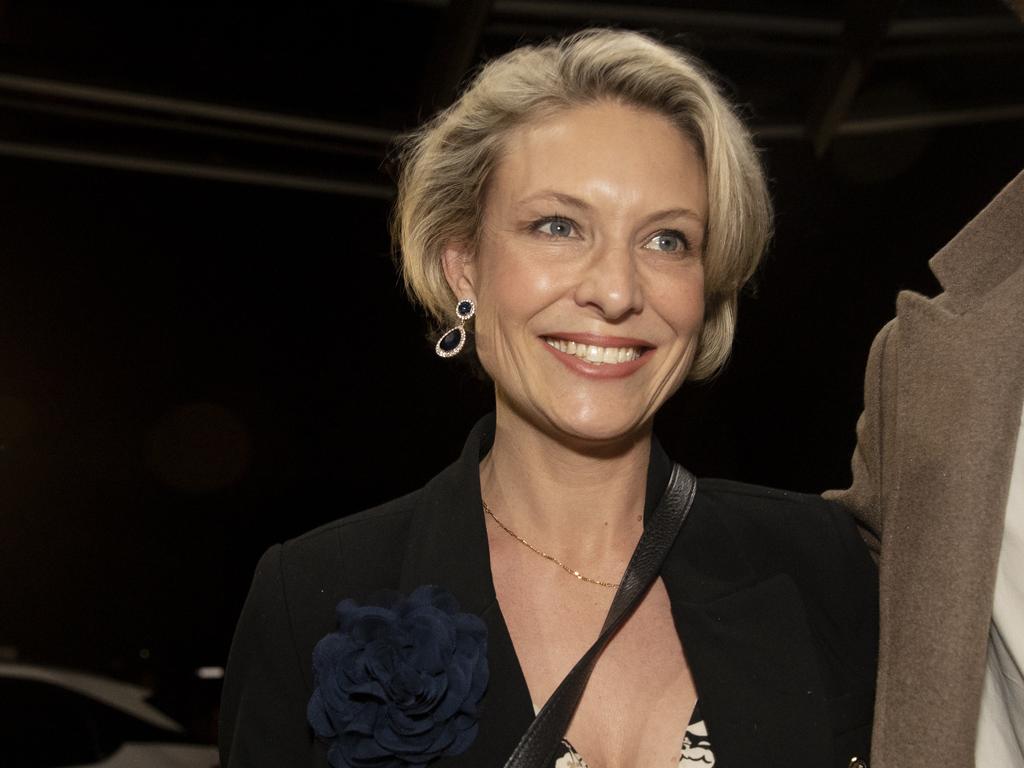
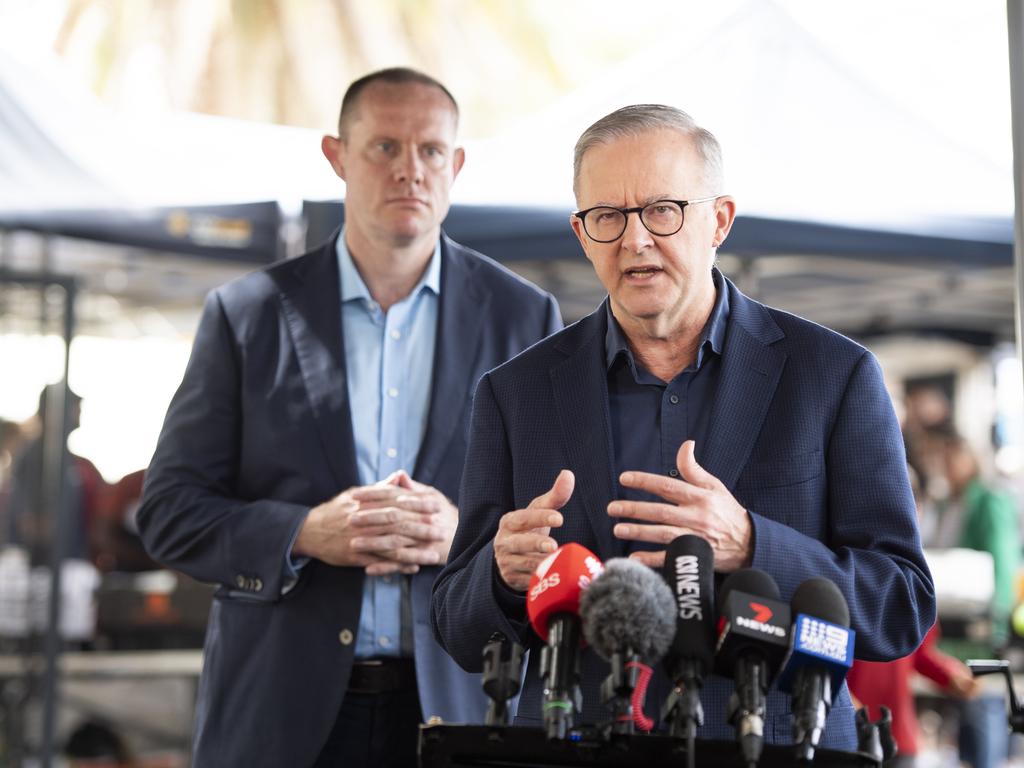
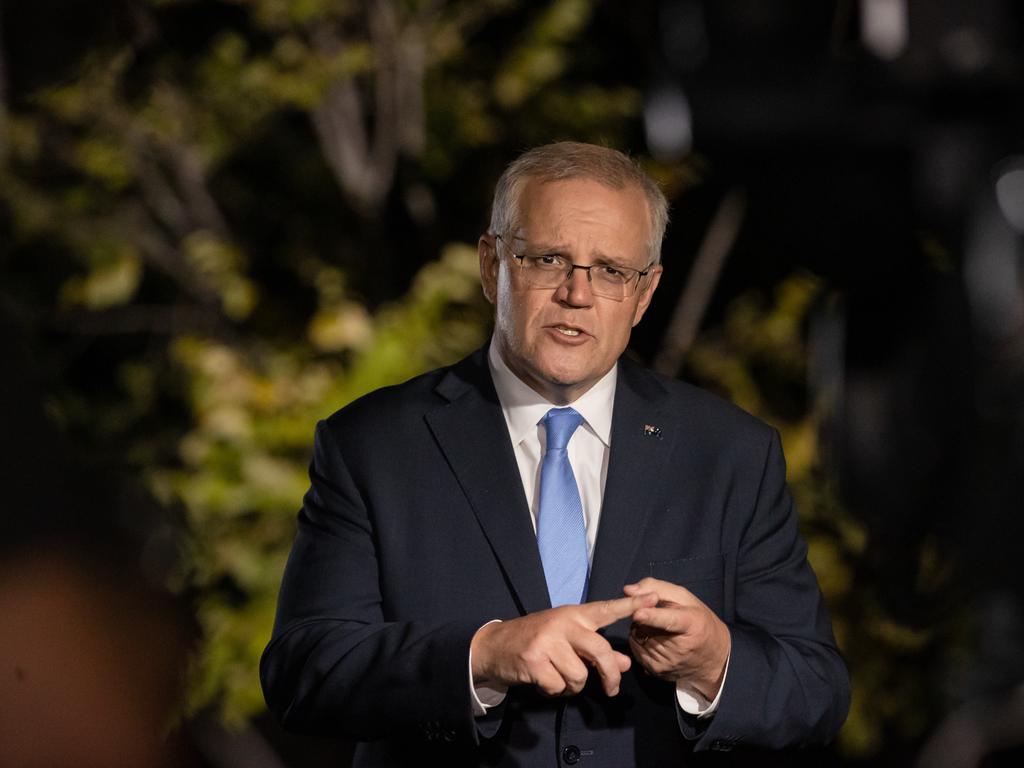
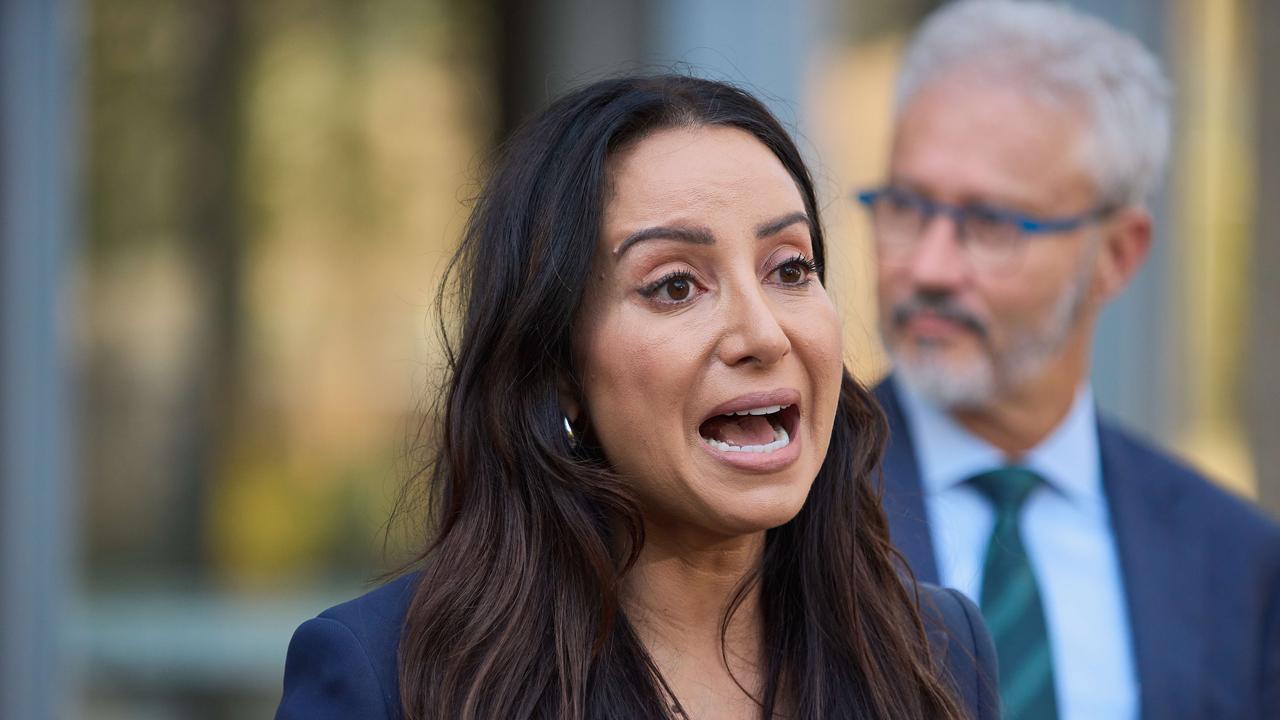
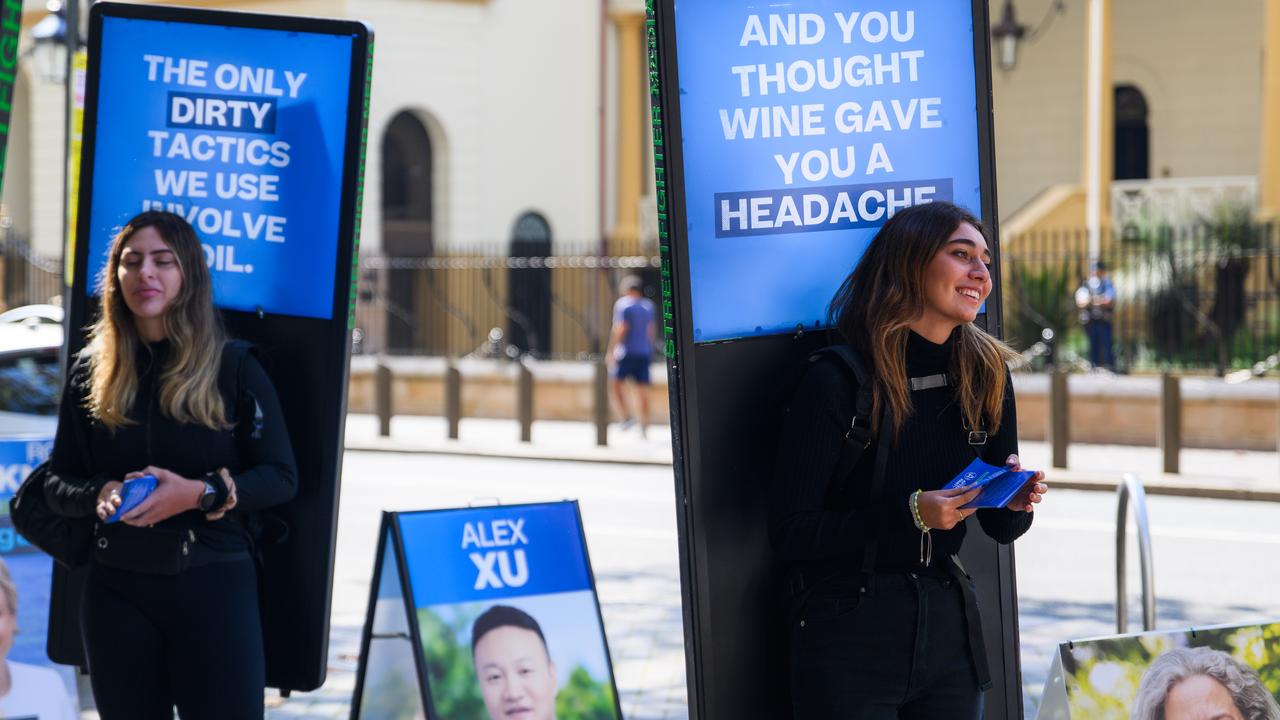
Media deskilling was front and centre in the overblown reporting last week of a 0.25 per cent rise to 0.35 per cent in the Reserve Bank’s cash rate, from a record low of 0.1 per cent.